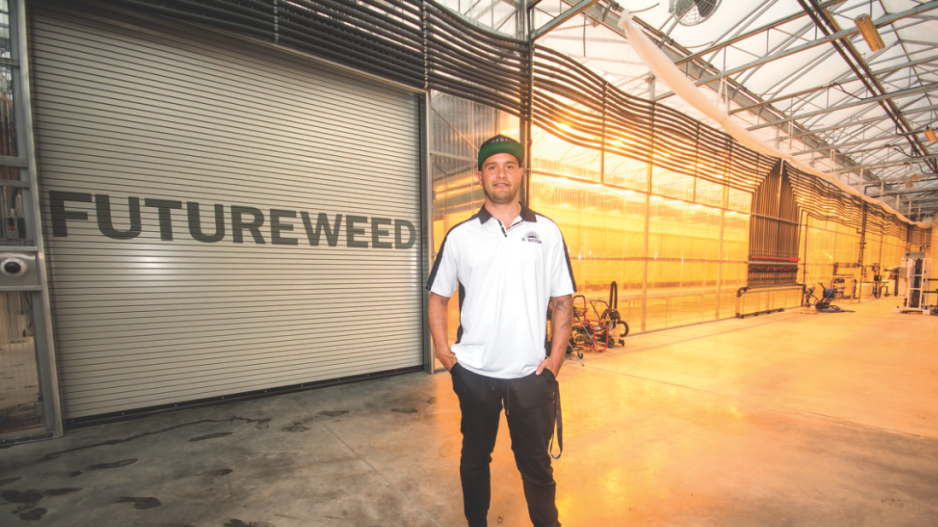U.S. Attorney General Jeff Sessions’ move to rescind a set of guidelines that loosened enforcement of federal marijuana laws has Canadian cannabis-sector executives optimistic that they will benefit from the change.
“From a Canadian perspective, and for Canadian licensed producers, it suppresses the risk of a large U.S. competitor to challenge Canadian cannabis producers,” said Tony Giorgi, CEO of Flowr Corp., which owns Kelowna-based Cannatech Plant Systems Inc.
Sessions on January 4 scrapped a policy drafted during the administration of former president Barack Obama that urged federal prosecutors not to charge cannabis companies with crimes if the companies abided by state law.
Eliminating that hands-off approach creates uncertainty in the sector, with some saying the new policy is a bluff, while others say a crackdown could occur.
“It’s really unfortunate for our U.S. counterparts as it obviously poses challenges for the cannabis industry to flourish in the U.S.,” Giorgi said.
In December, Cannatech was granted a producer’s licence for medical cannabis under Health Canada regulations. Its employees have started planting the company’s first crops in an 85,000-square-foot facility in Kelowna that has about 40,000 square feet of cultivation capacity.
“We hope to be supplying the medicinal market within the May time frame and are preparing for the legalization of the adult-use recreational market,” Giorgi said.
There are 18 licensed producers of cannabis in B.C. – the second-largest total among provinces, after the 47 licensed producers in Ontario, according to government statistics.
Giorgi said Cannatech will be busy in the short term scrambling to supply sufficient cannabis for what he expects to be a booming domestic market. Longer term, he expects his company to look into exporting marijuana to countries such as Germany, which recently legalized cannabis consumption for those with medical prescriptions and is putting in place a state-run cultivation system, but it has so far relied on imports to fill demand.
Tantalus Labs CEO Dan Sutton agreed with Giorgi that heightened risk and restrictions for cannabis companies that operate south of the border will provide business advantages for companies that are based in Canada, particularly once the Canadian government legalizes recreational cannabis use for adults this summer.
“Firms like Tantalus Labs are leading the charge on working with Agriculture Credit Corp., Agricultural Canada and Farm Credit Canada to have cannabis recognized as a legal crop so that farmers in our industry can benefit from farm loan and crop insurance opportunities,” he said. “This is an ongoing process, but we hope to pave the way for other cannabis farmers to follow.”
Most U.S. banks already refuse to do business with cannabis companies – a situation that has led to U.S. cannabis companies either stockpiling cash or dealing with Canadian banks.
Canadian cannabis firms, in contrast, are usually able to get bank accounts with Canadian banks, and they can also accept investment funds from federally regulated institutions, Sutton said.
“There is lending in the cannabis space, but it mostly comes from private and boutique lenders on expensive terms, with essentially no participation from charter banks or Tier 1 institutions at this time,” he said. “It is certain that Canadian cannabis firms will cross this barrier and access traditional lending far before their American counterparts.”
Not all will be rosy for those in the Canadian cannabis sector if the U.S. cracks down on the industry.
Sutton suggested that fewer U.S. investors are likely to invest in Canadian cannabis companies if U.S. banks put up barriers to keep them from repatriating capital gains.
“Travel to the U.S. could become more difficult as our jobs might be perceived as benefiting from the proceeds of crime,” he said. •




